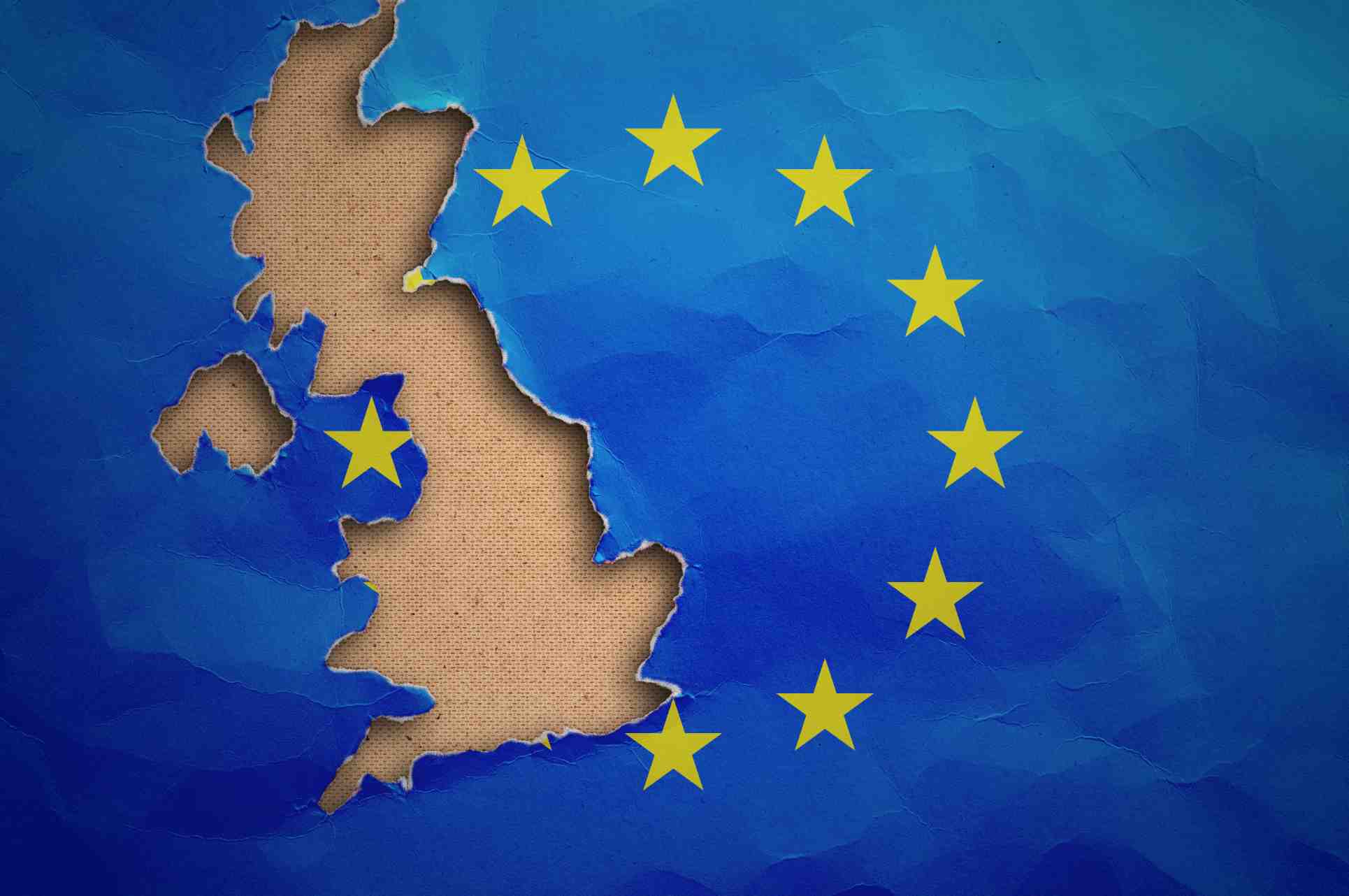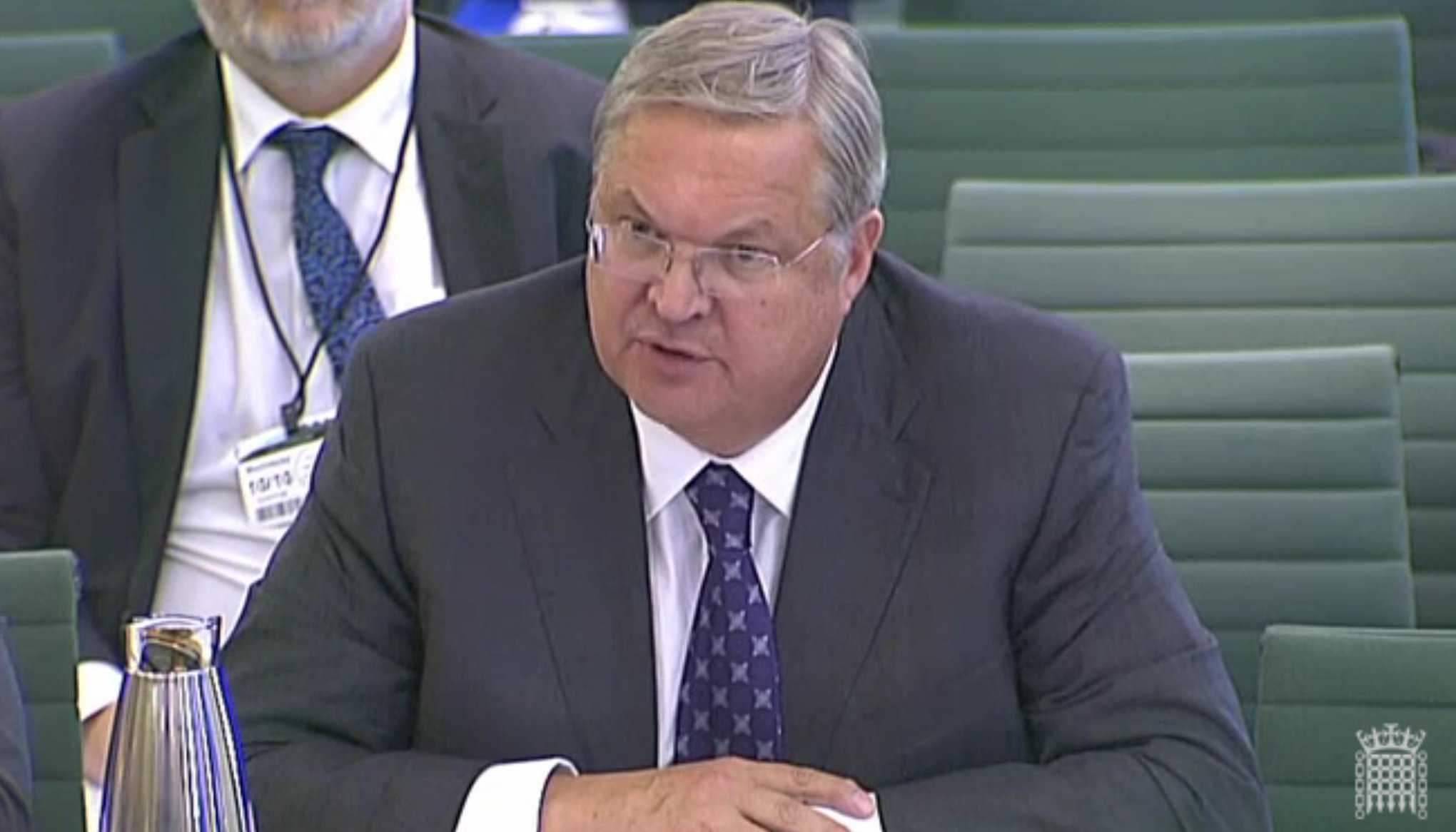
Agreement reached between EU27 leaders in the early hours of Thursday means the UK’s exit has now been pushed back to 31 October, giving the country more time to find its way out of the Brexit crisis.
This is the second time the UK’s exit date has been delayed, reflecting an absolute deadlock in a divided Parliament and Government cabinet about Brexit, nearly three years on since the referendum.
Prime Minister Theresa May’s actions have made it clear that she believes a no-deal Brexit should be avoided at all costs, and legions of civil servants have, for the time being at least, been stood down from their no-deal planning roles.
Many commentators believe this means the risk of the UK crashing out without a deal have receded, while the likelihood of a ‘softer’ Brexit (such as a customs union) or a second referendum have increased.
However, there remains no clear route to a solution to the crisis, with very limited belief that the current talks between the Conservative Government and the Labour party will yield a viable solution.
While business leaders were pleased that the threat of a no-deal Brexit has been averted for a second time, they warn that prolonging the uncertainty will mean companies will continue to withhold investment.
Overall capital spending in the UK across all business sectors has declined for four consecutive quarters, the longest sustained fall (the recession excepted) since 2003.
Pharma industry association the ABPI and biotech association the BIA are part of the Brexit Health Alliance, a coalition bringing together the NHS and industry to produce a co-ordinated response to Brexit.
Niall Dickson, Brexit Health Alliance co-chair and NHS Confederation chief executive, responded to yesterday’s new extension by saying a no-deal exit today “would have been bad for patients so it is a relief that threat has gone away, for now.”
He added: “But of course the extension leaves that as one potential outcome, which means everyone involved in healthcare must continue to prepare for this possibility and keep contingency plans in place.
Dickson echoed remarks from many business associations, warning that this new breathing space should not be wasted.
“We are now in a ‘phoney war’ and the risk is complacency – the system needs to assume we could crash out and do everything we can to make sure patients are protected if that happens.”
He concluded: “Like everyone else in the UK and Europe we want an end to this circus of uncertainty and we need to see the political will to bring that about.”
For the pharma industry, the extended delay will add not only uncertainty, but extra cost, as it has to maintain additional stockpiles of medicines and other no-deal supply chain measures.

The ABPI’s Mike Thompson
Mike Thompson, chief executive of the ABPI said: “Companies are doing everything they can to protect the supply of medicines whatever the Brexit outcome. As part of this they have increased stocks of medicines in line with Government guidance.”
“With the extension of Article 50, we will work with Government to consider how best to prepare and review whether current plans for a no deal Brexit are still appropriate.”
An ABPI spokesperson told PME that the industry will not be complacent about any perceived move away from a no-deal Brexit, and said the organisation was engaged in discussions with the government about next steps.




